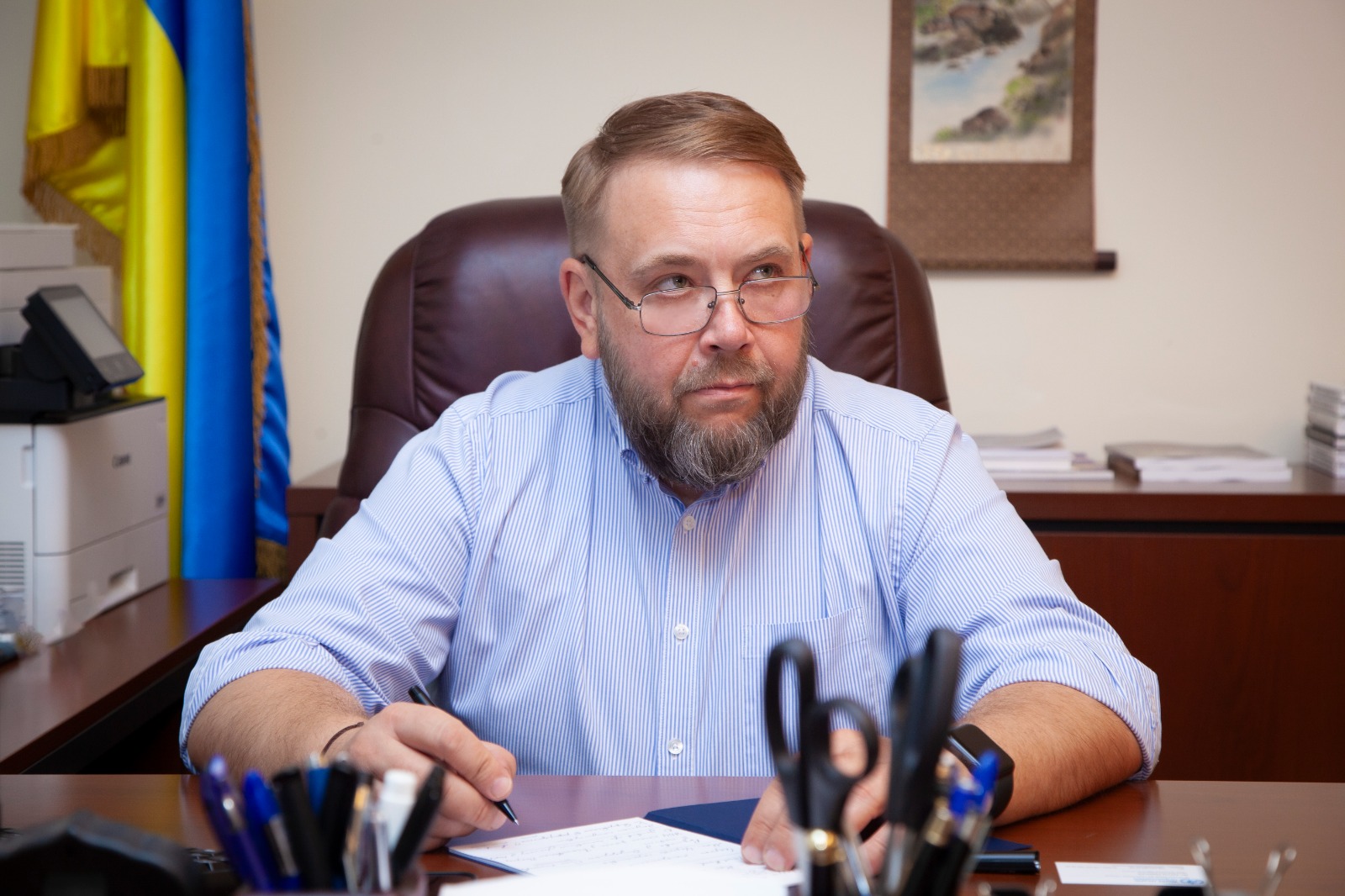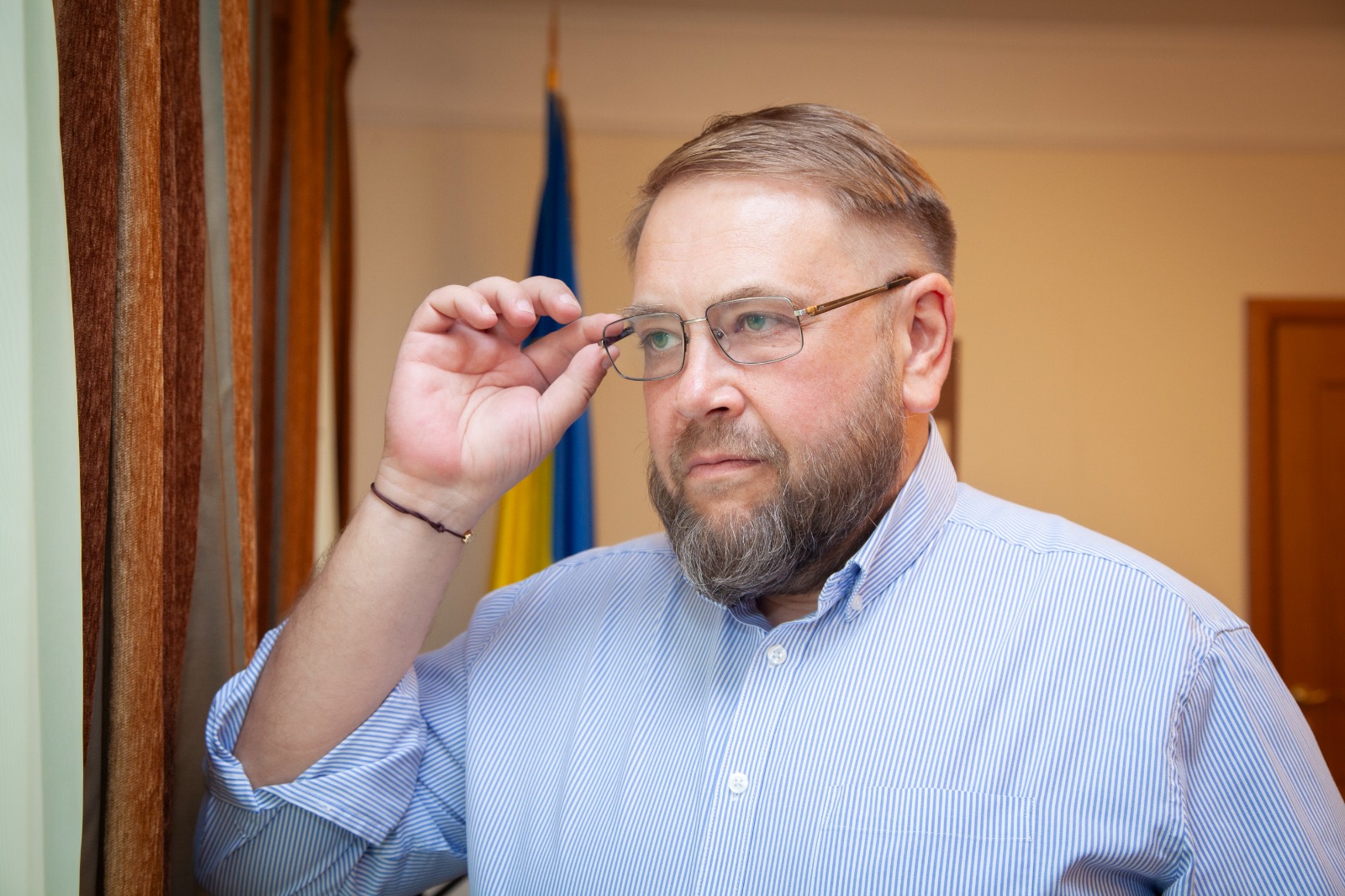 Before the start of the russian-Ukrainian war, we could not even imagine how many wounded and traumatised soldiers would be in Ukraine, and how many would need medical and psychological rehabilitation. Now we see what obstacles our soldiers who have been injured or disabled face when returning to civilian life. What role can the NSDC play in the rehabilitation of servicemen and servicewomen?
Before the start of the russian-Ukrainian war, we could not even imagine how many wounded and traumatised soldiers would be in Ukraine, and how many would need medical and psychological rehabilitation. Now we see what obstacles our soldiers who have been injured or disabled face when returning to civilian life. What role can the NSDC play in the rehabilitation of servicemen and servicewomen?Today, Ukraine has all the prerequisites to become the country with the largest number of veterans in the world after the Second World War. This figure may reach one million people. And these are not the final figures. We need to think and act now to meet the needs for rehabilitation, and solutions can only be comprehensive.
Thus, there is a decision of the NSDC dated 14 May 2021 "On the Human Development Strategy", which, in particular, sets an operational goal to provide war veterans and their families with services for professional adaptation and psychological rehabilitation of veterans.
What does this mean in practice? First and foremost, it means updating the existing rehabilitation system to take into account all the new circumstances of the war. This entails changes in personnel policy, infrastructure, and, finally, proper funding... In addition, we should take into account international experience, in particular the policy measures taken in different countries to address the problems of veterans after wars or other military conflicts.
This work is already underway and has accelerated significantly since the start of the full-scale war.
You mentioned the creation of an updated system of rehabilitation for the military. What, in your opinion, are the most pressing problems and obstacles in this process? And how can they be overcome?
I would like to emphasise that the NSDC Office performs the function of coordination and control. The relevant ministries and departments deal directly with the rehabilitation of the military, but we are certainly immersed in this issue and keep in touch with all the actors involved.
Sadly, we have had some problematic experience with the organisation of so-called rehabilitation routes for servicemen and servicewomen, including those with spinal cord injuries. And this is just one example... What to do? Today, our specialists are actively studying the experience of Israel in the system of physical and psychological rehabilitation. The Israelis have learnt to work with patients from the moment they are injured. And when such a patient comes to a medical facility, they are treated comprehensively - by a rehabilitation therapist, a prosthetist, if there is a need, a surgeon, a therapist...
How can we implement this approach in Ukraine? Firstly, a system of rehabilitation departments should be built on the basis of a capable network of medical institutions. This will allow each cluster and supercluster hospital to have its own non-specialised inpatient rehabilitation unit with a sufficient number of beds for patients with injuries and wounds who need active recovery.
We are talking about physical and psychological rehabilitation. What about social protection of servicemen and servicewomen? Their employment after returning home? What steps should we expect from the state in the short term? And what support is needed from society and business?
We all understand that mobilisation, hostilities and forced migration have caused a shortage in the labour market. For example, we are already facing a shortage of teaching staff or insufficient or low qualifications of those who have remained. This issue is particularly acute in the de-occupied territories of Kharkiv and Kherson regions. The situation with doctors is similar...
Where is the solution? We need to adapt the experience of foreign countries to our realities, as I mentioned earlier.
